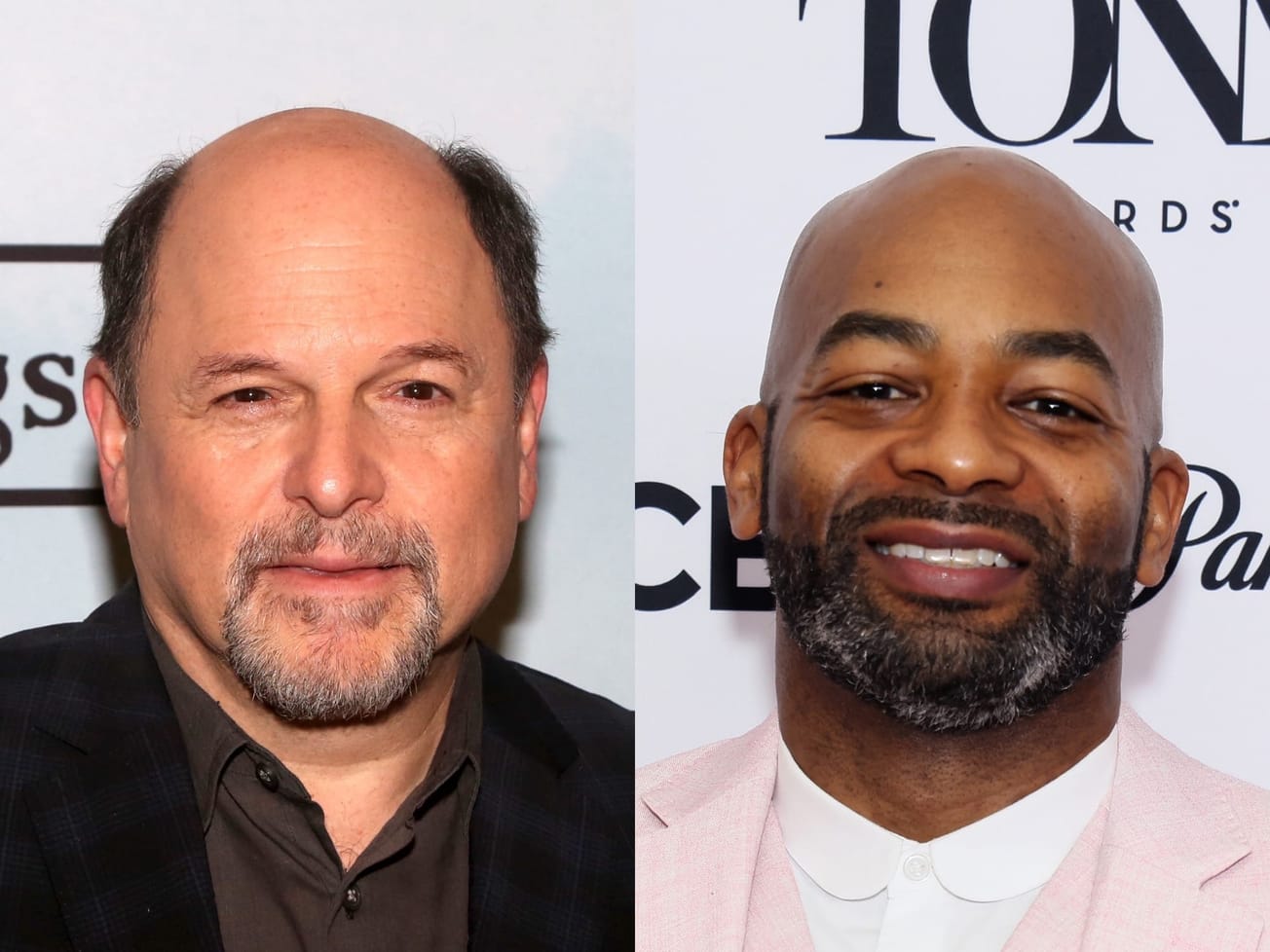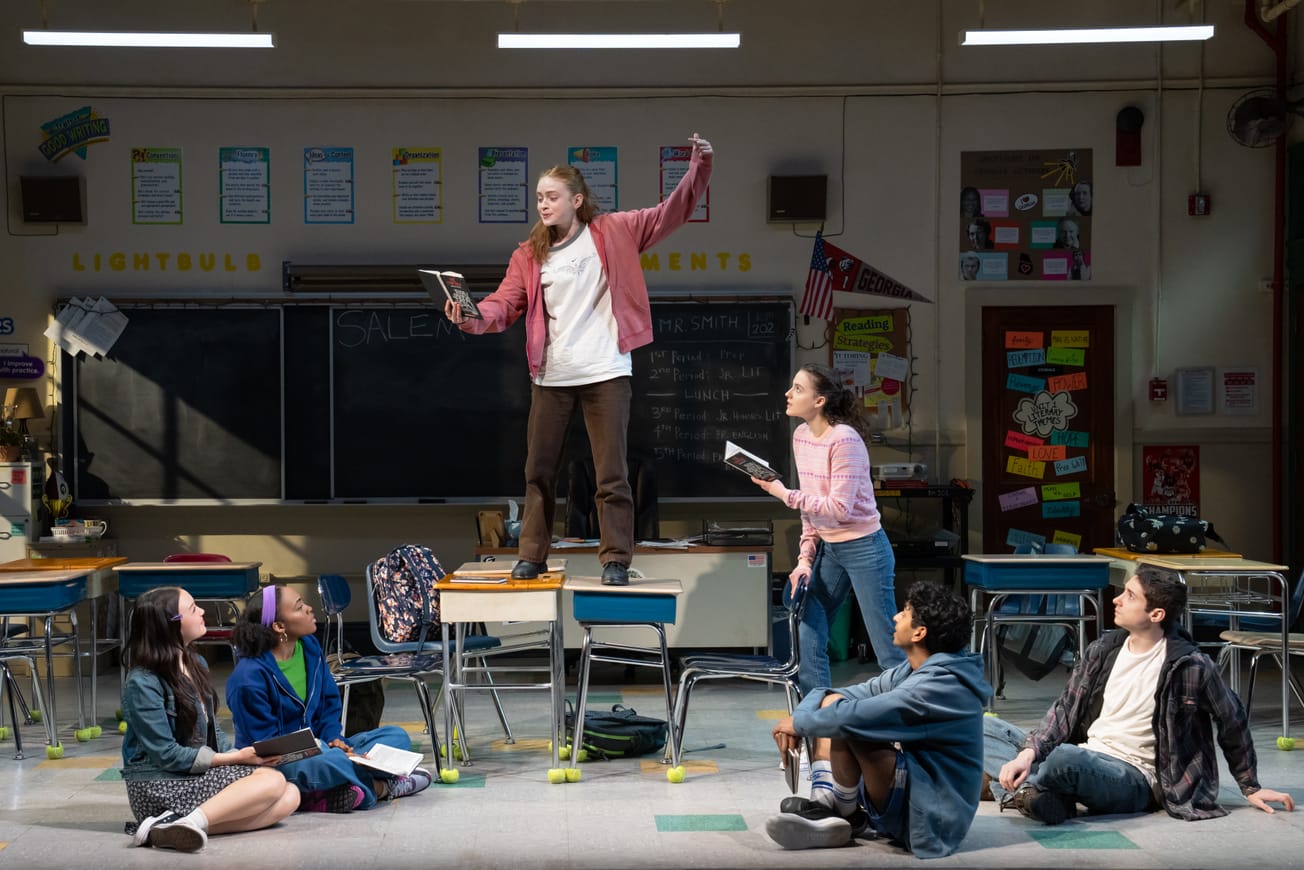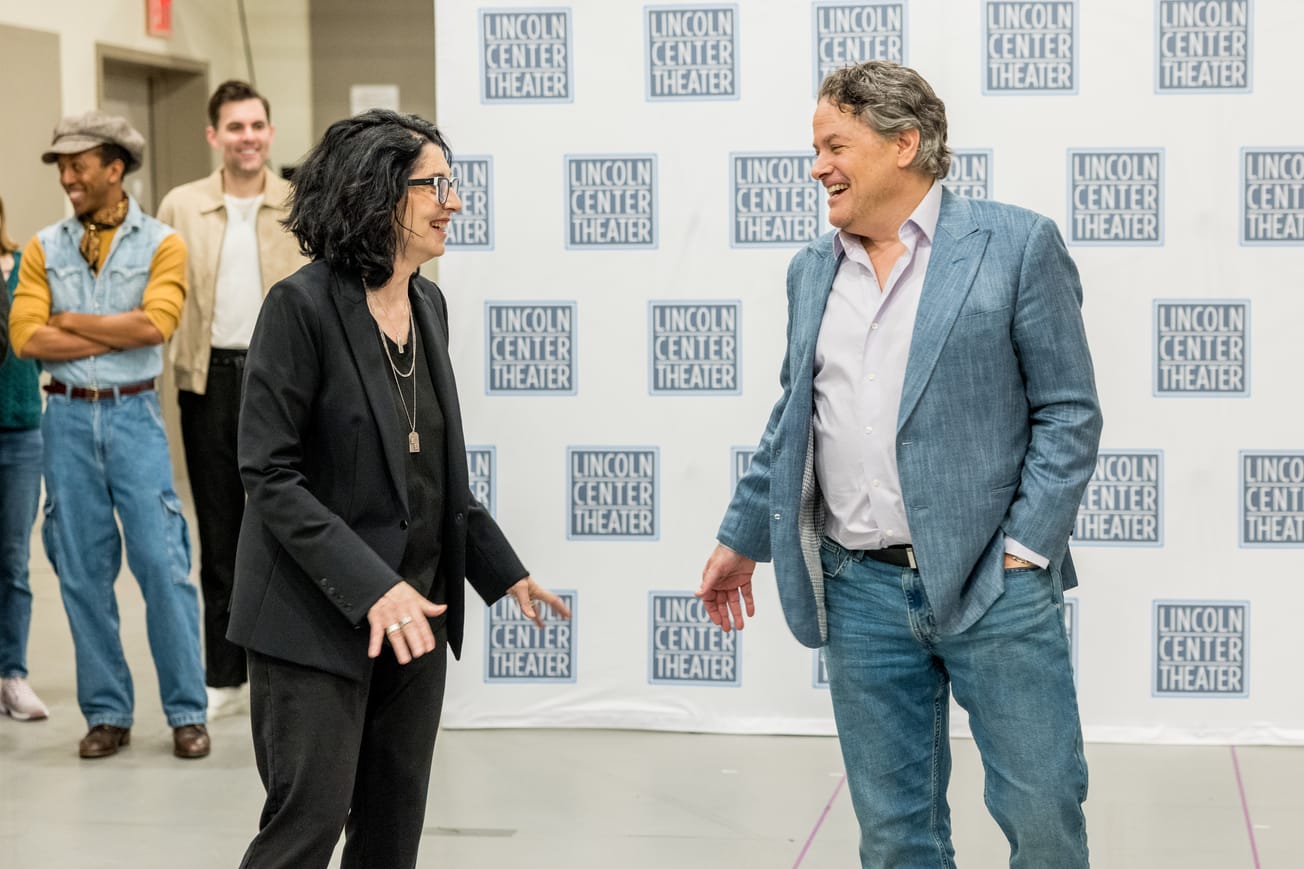The 2018 Standard Occupational Classification (SOC) Manual is eligible for possible revision in 2028. The SOC is a tool that organizes workers, including artists, by code. The federal government then uses the SOC to collect, analyze and report data about the United States labor force. This data is typically used to inform policy-making and practice that then affects workers.
From now through Aug. 12, workers are invited to offer feedback on the current SOC. The National Endowment for the Arts (NEA) has issued a call to artists to exercise their voices and comment by visiting regulations.gov.
The federal Office of Management and Budget, working with the U.S. Bureau of Labor Statistics, will review the comments and make recommendations for revisions to the 2028 SOC.
A list of current codes that apply to artists can be found here.
One of the concerns voiced by the NEA is that there is no code for artists working across multiple disciplines.
A new research report commissioned by United States Artists and written by Joanna Woronkowicz of Indiana University surveyed artists, analyzed existing labor data and offered suggestions to help artists comment on the SOC. Among Workonkowicz’s recommendations is the creation of a detailed SOC code for “Interdisciplinary and Multidisciplinary Artists. The study also pushes for the creation of “Visual Arts” and “Performing Arts” taxonomies to better align data with the work field.
Sunil Iyengar, who directs the Office of Research and Analysis at the NEA, wrote about Worokowicz findings for the NEA’s website, saying, “If these labels have gone unchanged, then how well do the numbers reflect macro-level shifts in the functions and characteristics of working artists in the first quarter of this century? Put another way, have the job titles, the technologies used, the nature of work performed, and educational requirements altered to such an extent that we now should reconsider who counts as an artist?”
“Comments on the occupational codes for artists — and on the principles used for classifying occupations in general — can be immensely valuable as we strive to improve the quality and relevance of publicly-available data on artists and other cultural workers,” Iyengar told Broadway News via email. “The NEA is promoting the call for this reason.”
Those who wish to comment may do so here.
Correction: An earlier version of this article misattributed a quote. This has been corrected.


























































